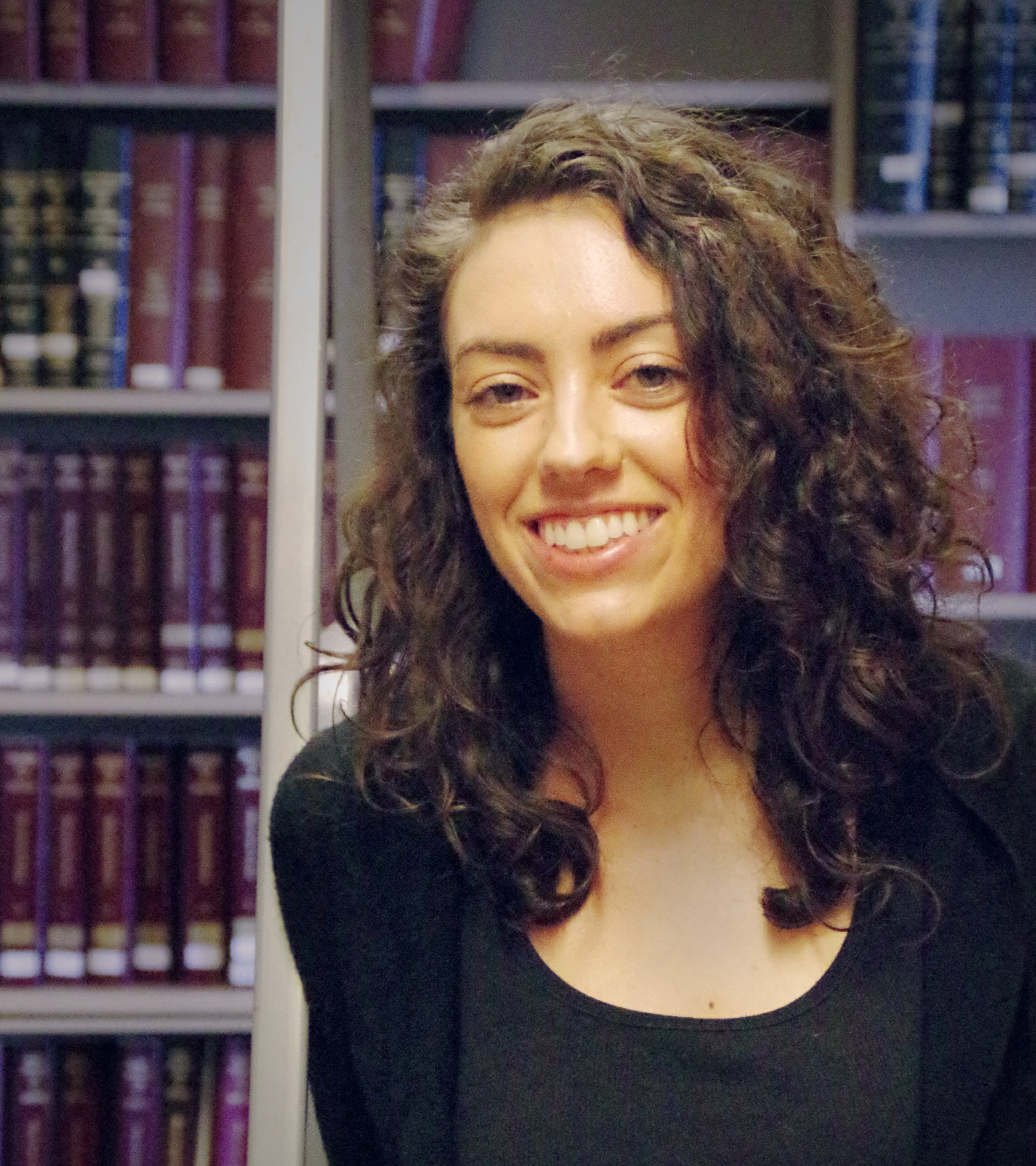Rachel Ellis, GR’17, researches religion and the prison experience. Her paper, “‘You’re Not Serving Time, You’re Serving Christ’: Neoliberal Religious Messages in the Shadow of Mass Incarceration,” received the 2017 Best Student Paper Award from the Sociology of Religion Section of the American Sociological Association.
“My research has always focused on religion,” says Ellis. “I was very drawn to the contemporary problem of mass incarceration in the U.S. today, and I noticed that there were few studies on religion in prisons, even though prisoners who tend to come from disadvantaged backgrounds are also populations that are deeply religious.”
Ellis limited her scope to female inmates, both nonviolent and violent offenders. She spent 12 months conducting observations and informal interviews (taped interviews were prohibited) inside a state-run women’s prison, which she refers to as “Mapleside Prison.”
Various studies show that the experience of incarceration tends to be punitive as opposed to rehabilitative. Ellis’s findings indicate that religious messages —especially those of conservative Protestant and evangelical and Black Christian denominations—reinforce this punitive model.
Ellis was surprised by that finding. “I thought religious messages might focus on structural inequality, particularly with respect to racial and social class disparities,” she says. “However, in framing it as part of God’s plan, they promoted the notion of incarceration as a necessary rehabilitative step rather than a problem of structural inequality.”
Ellis believes these messages affect incarcerated individuals in two ways. “On the one hand,” she says, “religious messages were deeply powerful and deeply important to inmates. Sometimes they were the greatest source of hope and comfort. On the other hand, I think they reinforced feelings of personal failure.”
She hopes her work will spark a discussion about how prison administrators decide which outside groups are allowed inside prisons to lead religious programs, as well an examination of what kinds of messages are promoted.
Ellis began an appointment this fall as an assistant professor of criminology and criminal justice at the University of Missouri in Saint Louis, where, in addition to teaching, she plans to turn her dissertation into a book manuscript and pursue further research.





